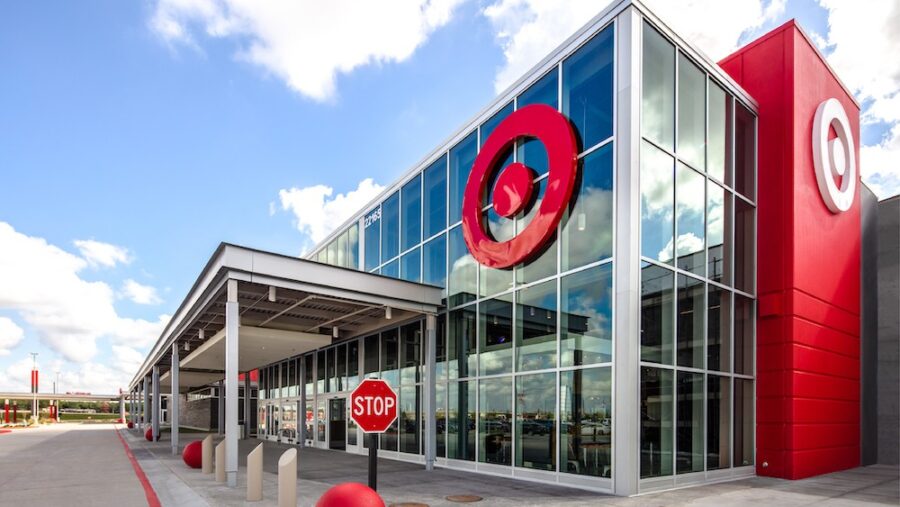Target Stores Shutting Down Due To Violence And Theft

Major retailer Target has announced that it will be shutting down nine of its locations in major cities, giving violence, theft, and organized retail crime as the reason (via CNBC). The corporation will be shutting down one store in New York City’s Harlem neighborhood, two Seattle locations, three stores in the San Francisco-Oakland area, and three stores in Portland, Oregon. The stores are set to be closed permanently on October 21.
During an investor call, Target announced nine stores will be closed due to rising theft and crime levels.
Target has over 2,000 locations in the US, and the company has recently spoken out against organized retail crime, lamenting that the thefts have increased the cost of the company’s shrink. Shrink is an accounting term for large retailers that account for damaged, misplaced, and stolen goods. It appears the shrink for these nine locations was too high for the company to deem them worth keeping in operation.
Target CEO Brian Cornell has specifically complained about shrink and organized retail crime in recent years, stating that the company’s full-year profitability will be reduced by more than $500 million compared to last year. Cornell did, however, covey the company’s hesitation to close up these locations, citing the jobs and taxes the stores provide the local communities. Though the red-hued retailer has been one of the most outspoken corporations about organized retail crime, other corporations have echoed the sentiment and asked for reform at the legislative level.

Retailers like Target are looking to push a bill called the Combating Organized Retail Crime Act, which focuses on reducing retail theft like the recently passed Inform Act. The Inform Act is a bipartisan bill that took effect in June, which requires online marketplaces to verify the identity of high-volume sellers to prevent the sale of stolen and counterfeit merchandise. The bill was passed partially due to outspoken companies placing the blame on major online merchandisers like Amazon and eBay for driving up retail theft due to their lack of verification measures for sellers.
Target CEO Brian Cornell has specifically complained about shrink and organized retail crime in recent years, stating that the company’s full-year profitability will be reduced by more than $500 million compared to last year.
The Combating Organized Retail Crime Act, which Target mentions and conveys its support for in the store closure press release, focuses on creating harsher penalties for retail theft. Along with imposing harsher penalties for retail theft, the bill also seeks to change the threshold prosecutors must meet before bringing federal theft cases. Another aspect of the bill focuses on giving retailers a formal venue for exchanging information with one another and law enforcement to crack down on retail crime.
Nine states have implemented their own state laws regarding harsher penalties for retail theft since 2022. This increase in theft-related legislation has largely been the work of large retail stores like Target and trade associations throwing their weight to get these bills quickly pushed through. According to CNBC, policy experts have said that store closures and the threat of closing more stores have increased the willingness of lawmakers to push these bills through.
Retailers like Target are looking to push a bill called the Combating Organized Retail Crime Act, which focuses on reducing retail theft like the recently passed Inform Act.
While Target blamed retail theft and shrink for its growing profitability issues, the National Retail Security Survey recently released a survey that says theft has affected retail’s bottom line about the same as in recent years. Target is notably one of the few retailers who have specifically cited theft after major store closures, with Walmart, Nordstrom, and Walgreens Boots Alliance also having recent closures. Walgreens did, however, blame organized retail crime when closing some stores in 2021.












